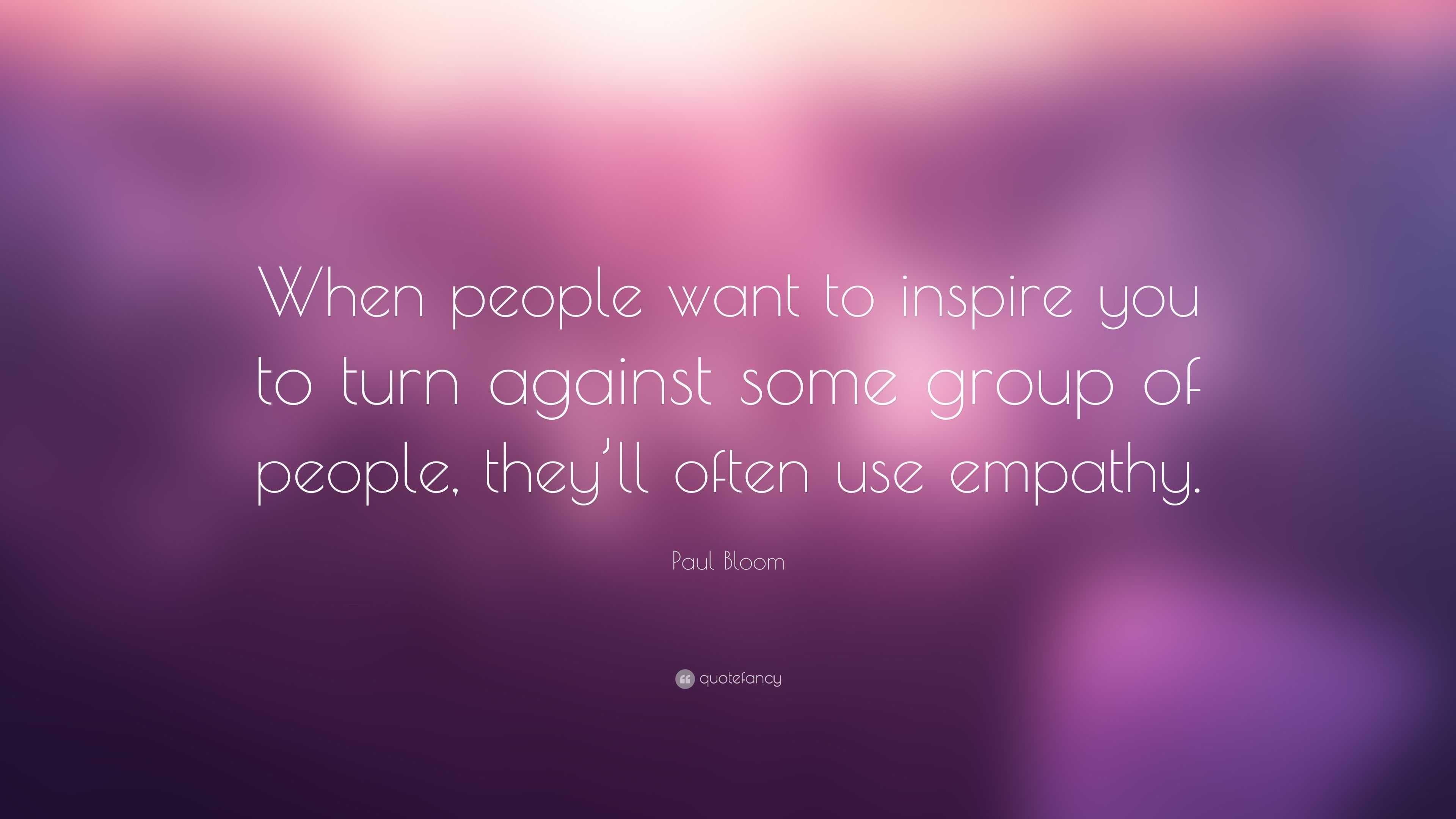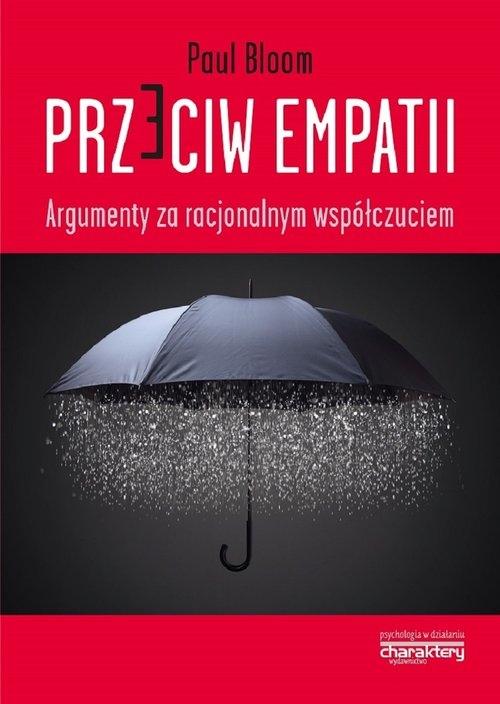

One move that is surprisingly rarely made is to revisit the initial philosophical and psychological debate on empathy that took place during the first decades of the 20th century. " ĭan Zahavi: "To move forward, it can sometime be useful to go backwards. Is empathy only as limited as we want it to be?. Empathy may not be fundamentally biased-instead, we choose not to feel empathy in many cases. Despite what some claim, this is a new and controversial framework: as I have suggested elsewhere, this framework implies that apparent limits of empathy actually result from choices to avoid empathy. Compassion isn’t dispassionate even when people’s suffering is objectively equal, we feel more compassion for those like us." ĭaryl Cameron: "Jamil Zaki presents a compelling case that empathy is a choice: empathy fluctuates depending on what we want to feel. After all, Bloom is quite correct in noting that our care for others is biased. Whereas Zaki is right about empathy and compassion being partially subject to choice, the usefulness of such “choosing” can be called into question. It is corrosive in personal relationships, exhausting the spirit and making us less effective at helping those we love." ĭavid DeSteno : "How do we go from wanting to harm someone to commiserating with them? The answer, I think, potentially offers a solution to the competing views of Zaki and Bloom. It is capricious our empathy for those close to us is a powerful force for hatred towards those who harm them. It is innumerate, favoring the one over the many. It is short-sighted, motivating actions that might make things better in the short term but lead to tragic results in the future. But, as I’ve argued elsewhere, it is biased, pushing us in the direction of parochialism and racism. I agree that empathy can sometimes motivate kind behavior. Paul Bloom: "Zaki correctly describes my own position as “empathy is overrated”. JAMIL ZAKI is an assistant professor of psychology at Stanford University and the director of the Stanford Social Neuroscience Lab. I want them to understand that they're doing something deliberate when they connect with someone, and I want them to own that responsibility. I want people to not feel safe empathizing in the way that they always have. You might be okay with not caring about someone just because they're different from you. If you feel like you're powerless to control your empathy, you might be satisfied with whatever biases and limits you have on it. If you believe that you can harness empathy and make choices about when to experience it versus when not to, it adds a layer of responsibility to how you engage with other people.


NEW - A Reality Club Discussion with responses from: Paul Bloom, David DeSteno, Daryl Cameron, Dan Zahavi, and Christian Keysers.


 0 kommentar(er)
0 kommentar(er)
